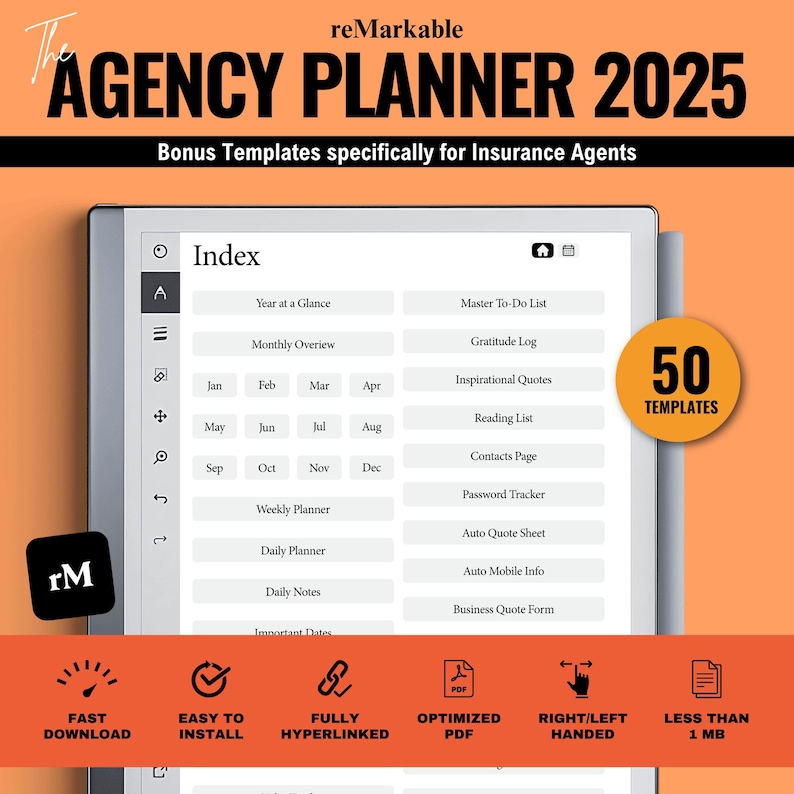In the quiet corners of offices and the soft hum of heartfelt conversations, counselors hold space for some of life’s most vulnerable moments. They carry the weight of others’ pain, hopes, and healing with immense compassion and unwavering dedication. But amidst this noble calling lies an unseen risk—one that has the power to shake even the strongest foundation of trust and care. Liability insurance for counselors isn’t just a policy; it’s a shield that protects both the hearts who seek help and the hope counselors work tirelessly to nurture. In this article, we’ll explore why safeguarding this delicate balance is essential, and how the right coverage empowers counselors to continue their vital work with confidence and peace of mind.
Table of Contents
- Understanding the Emotional Risks Counselors Face Every Day
- The Crucial Role of Liability Insurance in Safeguarding Your Practice
- How to Choose the Right Liability Coverage Tailored to Counseling Needs
- Steps to Take After a Claim to Protect Your Heart and Your Career
- In Conclusion
Understanding the Emotional Risks Counselors Face Every Day
Every day, counselors step into the intimate worlds of their clients, navigating fragile emotions, unresolved traumas, and deeply personal struggles. This work is profoundly rewarding but also fraught with emotional hazards that can silently erode even the most resilient heart. The emotional toll isn’t just about compassion fatigue—it includes the relentless weight of responsibility that comes from holding someone’s hope and healing in your hands. Many counselors find themselves in a delicate balancing act, where empathy and professional boundaries blur, risking burnout and emotional exhaustion. Recognizing these emotional vulnerabilities is crucial—not only to protect counselors’ mental health but also to ensure the quality and safety of care delivered.
Beyond emotional strain, counselors face potent liability exposures that arise from the inherent complexities of human behavior and therapeutic relationships. Misinterpretations, misunderstandings, or accusations can crop up unexpectedly, leaving counselors vulnerable to legal and reputational harm. Having proper safeguards in place is vital, including:
- Tailored liability insurance designed to cover counseling-specific risks
- Clear documentation protocols that protect against disputes
- Ongoing professional training to maintain ethical and clinical standards
These protections don’t just shield counselors legally—they fortify the emotional foundation necessary to sustain hope, foster trust, and heal hearts.
The Crucial Role of Liability Insurance in Safeguarding Your Practice
Navigating the emotional terrain that counselors face every day requires not only compassion but also a resilient shield against unforeseen legal challenges. Liability insurance acts as this vital protection, ensuring that your commitment to healing isn’t jeopardized by costly legal battles or malpractice claims. It safeguards your reputation and financial stability, enabling you to focus on what truly matters — supporting your clients through their most vulnerable moments. Without this protection, the emotional toll of litigation could overshadow the profoundly rewarding work you undertake.
Investing in liability insurance is more than a safety net; it’s a declaration of your professionalism and dedication to ethical practice. With coverage in place, you gain access to benefits such as:
- Comprehensive defense costs coverage in case of claims or lawsuits
- Peace of mind to practice without fear of financial ruin
- Support for settlements or judgments, should they arise
- Protection against accusations even if claims are unfounded
This assurance allows you to nurture hope and healing in your practice unshackled, preserving the sacred trust between counselor and client.
How to Choose the Right Liability Coverage Tailored to Counseling Needs
Every counseling practice is as unique as the individuals it serves, which is why a one-size-fits-all liability policy rarely offers the protection you truly need. Start by evaluating the range of services you offer—whether it’s individual therapy, group sessions, or online counseling—as each carries distinct risks that should be addressed. Consider the client demographics you work with, since vulnerabilities and legal exposures can differ dramatically between children, adults, or specialized populations. Consulting with an insurance professional who understands the nuances of mental health care will help you identify crucial policy features like professional liability, general liability, and even coverage for cyber risks, ensuring your protection aligns precisely with your counseling approach.
Look beyond just the price tag when selecting coverage—focus on the layers of security built into the policy. Does it cover claims related to allegations of negligence, misdiagnosis, or breach of confidentiality? What about legal fees or expenses related to disciplinary hearings? You want insurance that not only defends your livelihood but also honors the trust your clients place in you each session. Keep in mind these essentials when reviewing options:
- Claims-made vs. occurrence policies: Understand how each protects you during and after your practice
- Coverage limits: Choose limits that realistically reflect potential liabilities in your work
- Exclusions and endorsements: Look closely at what is not covered and whether endorsements could fill those gaps
Steps to Take After a Claim to Protect Your Heart and Your Career
After a claim is filed, it’s natural to feel a mix of anxiety and uncertainty, but staying proactive can make all the difference. First, review your insurance policy thoroughly to understand the coverage details and any obligations you must meet. Keeping detailed records and documenting every interaction with your insurer and legal representatives will create a clear timeline that safeguards you against misunderstandings. Don’t hesitate to seek support from trusted colleagues or professional networks—they can provide valuable advice and emotional reassurance during this vulnerable time.
Equally important is to prioritize your well-being to maintain the resilience needed for your career and clients. Consider implementing stress-relief techniques such as mindfulness or counseling, reinforcing the compassion you extend outward back to yourself. Meanwhile, here are key immediate steps to take:
- Notify your insurance agent promptly and provide all requested information without delay.
- Avoid making statements directly to the claimant or on social media.
- Consult a legal expert experienced in counselor liability cases to discuss your next move.
- Maintain professional composure to protect your reputation and client trust.
In Conclusion
As counselors, you hold the delicate hearts and fragile hopes of those seeking guidance and healing. Protecting these sacred spaces is not just about compassion—it’s about responsibility. Liability insurance is more than a safety net; it’s a shield that honors the trust your clients place in you every day. By safeguarding your practice, you preserve the freedom to focus on what truly matters: nurturing growth, offering solace, and lighting the path toward hope. In this journey of healing, let liability insurance be the quiet guardian that allows your heart to remain open—and your mission to thrive.






